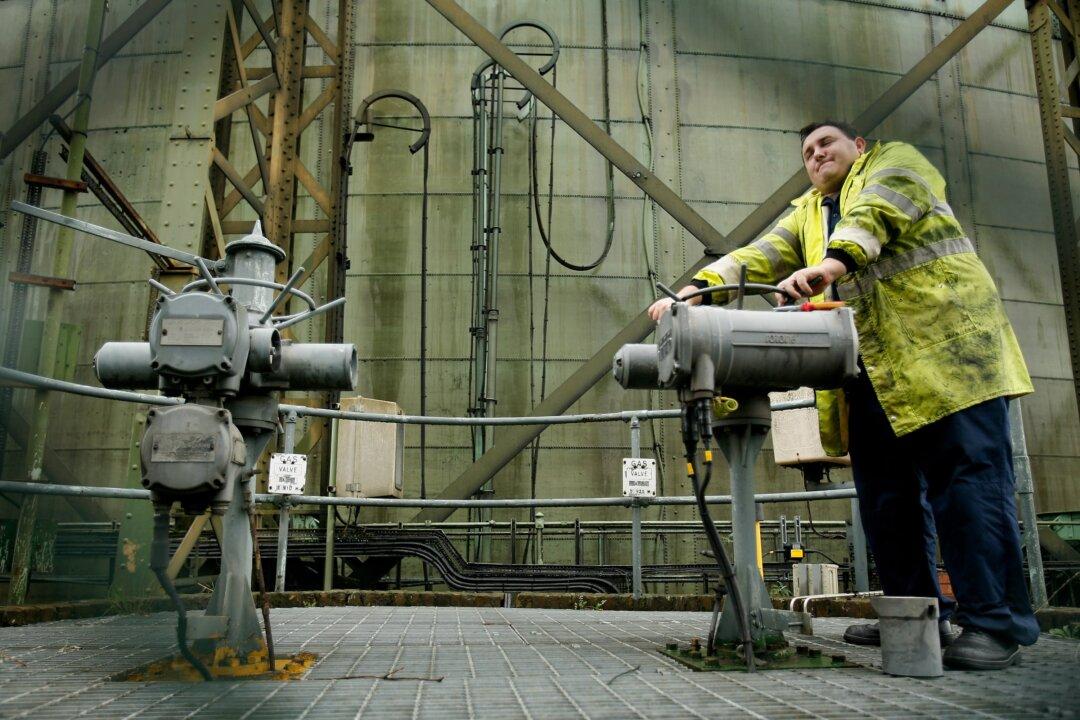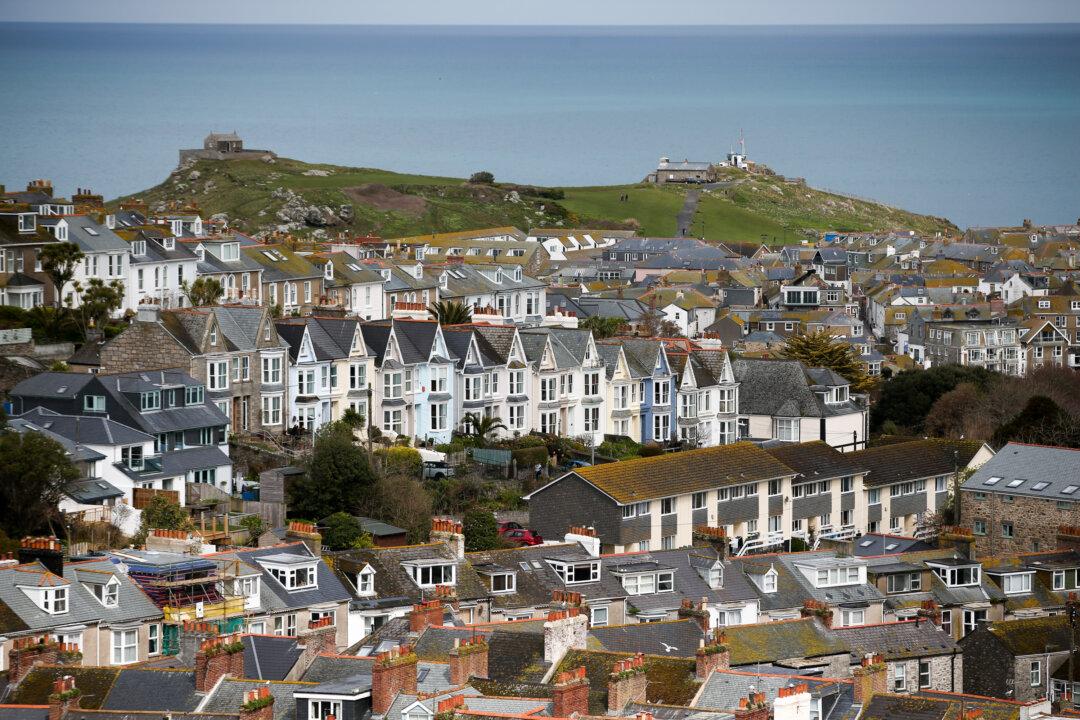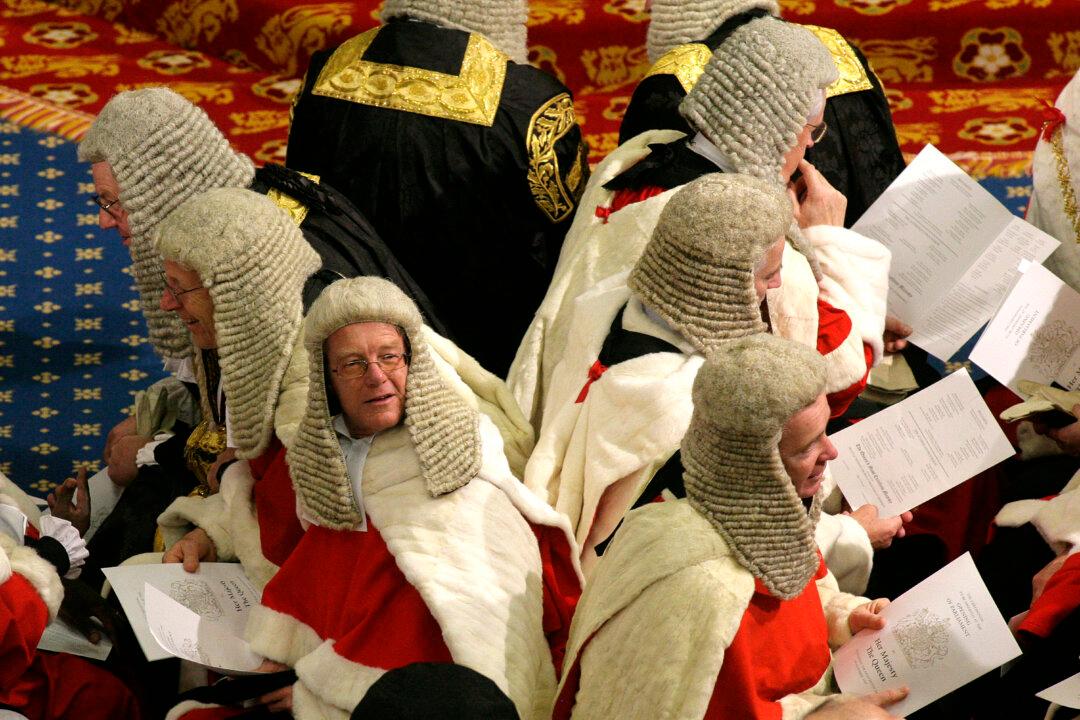Energy experts are warning that British industry could be hit by gas shortages this winter as the UK government insists it is “confident” there will be no shortfall.
The Department for Business, Energy and Industrial Strategy said it remained “confident energy security will be maintained.”



